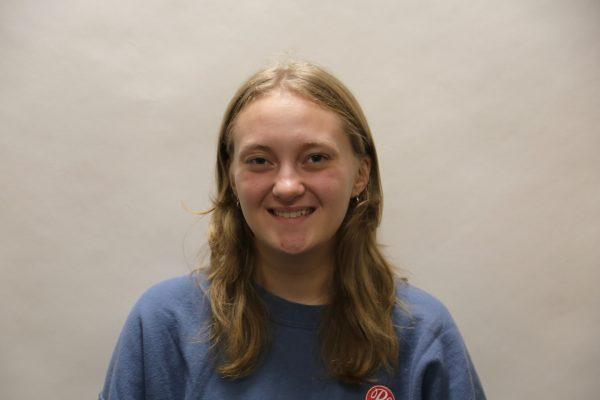About 10 students and faculty members and three facilitators gathered March 20 for a small group discussion about the ongoing conflict between Israel and Hamas.
The discussion was part of a program titled “Listen to Learn: Turning into Hot Topics,” which was initiated by two faculty members, Susan Liebell, Ph.D., professor of political science, and Amber Abbas, Ph.D., associate professor of history, and sponsored by the department of history, the department of political science, SJU Law Alumni Endowment, and the justice and ethics in the law minor.
This month’s discussion was the second of three discussions this semester, all focused on a different aspect of the conflict between Israel and Hamas. In March, the topic centered on media coverage. The first discussion was held Feb. 28. The last discussion of the semester will be held April 17.
“The idea of Listening to Learn is that we need to listen to people with information (e.g., podcasts with experts or eye-witnesses), and we also need to listen to each other,” Liebell, one of the discussion’s facilitators, wrote in response to written questions from The Hawk.
These smaller group discussions cultivate a sense of closeness and allow for participants to ask questions without the feeling of taking a big public risk, said Abbas, the other discussion facilitator.
“We imagine it as a format that could be used to talk about other topics in the future,” Abbas wrote in response to written questions from The Hawk. “Dr. Liebell and I feel that this small group setting is a productive environment in which to approach current events and controversial or ‘difficult’ topics with trusted facilitators and in an open format.”
Liv Fisher ’26, who attended both sessions so far, said the format worked in creating a safe space for conversation.
“You can’t say the wrong thing,” Fisher said. “No one holds anything against each other. There is a really open and accepting space for conversation.”
Before each discussion, participants are encouraged to listen to podcasts and other materials that provide background information for the upcoming conversation. These materials serve as a shared text and as a jumping off point for further discussion.
Caleb Datto ’26, who attended both of the sessions offered so far and plans to attend the April 17 one, said he appreciates what the discussions ask of participants.
“They’re really just trying to get us to think critically and to be able to make our own opinions about the conflict and listen to other people’s perspectives based on their own identities,” Datto said.
Faryaal Haq ’24, who attended the March 20 session, said she attended to learn more about the Israel and Hamas conflict from all perspectives.
“I believe that it’s important to get a perspective based not just from one side of the argument, but also understanding where both sides are coming from when they take a stance is very important,” Haq said.
Abbas emphasized that these sessions are a place for everyone to learn and grow, not just students.
“It’s not the case that only students are the ones who need this learning,” Abbas said. “There are many, many people in our community who have been ready to learn and grow through a deeper investigation of the history and ongoing conflict in Israel and Gaza. And we have found that the participants in the sessions really have come from all roles in the university.”
As of press time, signups for the April 17 discussion are still open on the pre-law website.

















































